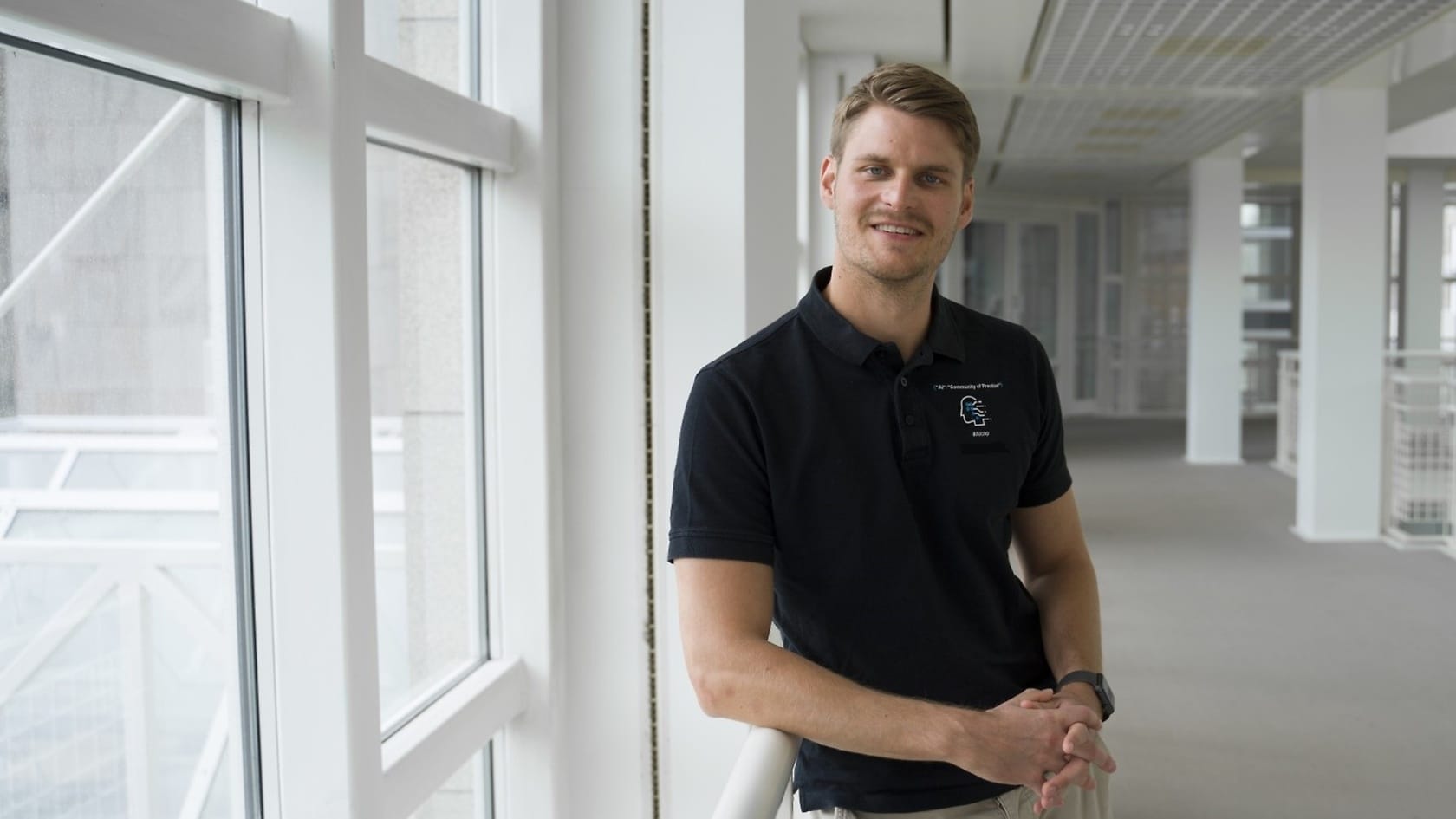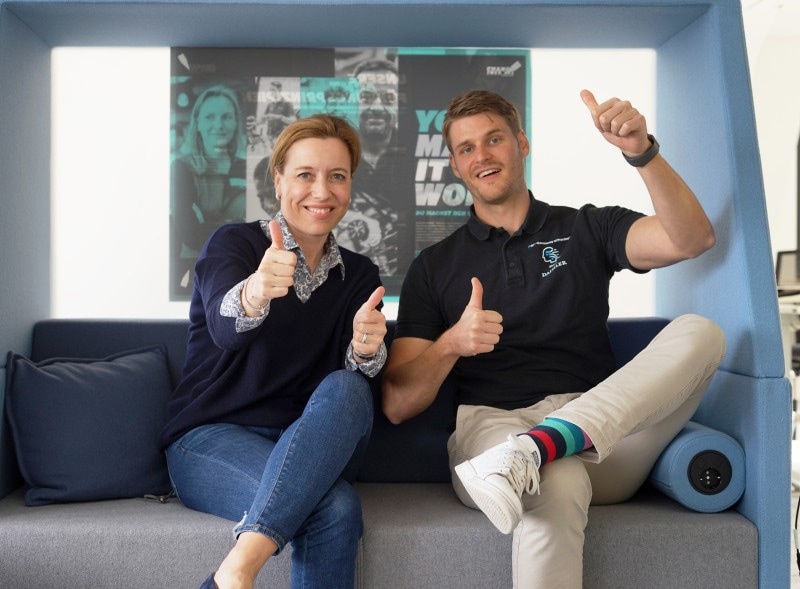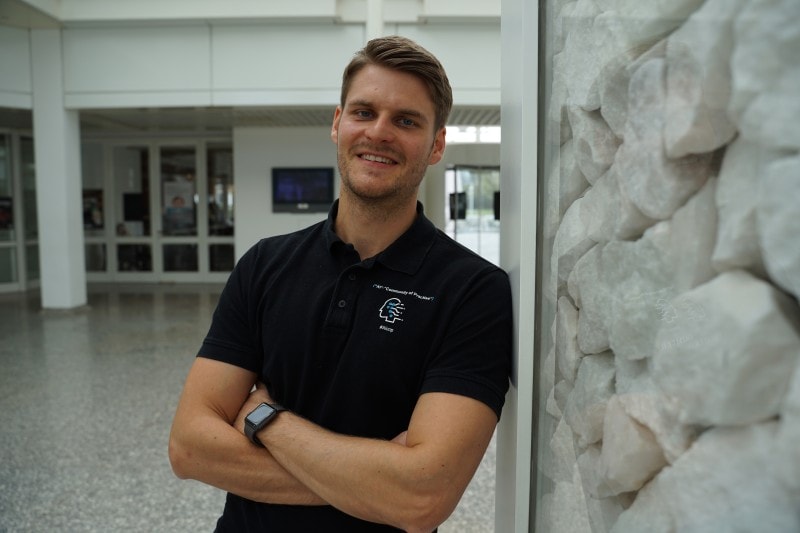You'll have to explain this
Ultimately, it means scaling AI, in other words raising awareness of it throughout the company, and also creating an infrastructure and a culture so that AI can gradually establish itself as a central instrument. I founded the AI Community on the Intranet a year ago. Experts and interested parties can swap ideas here to further advance AI. The Community now has over 2,500 members. I am also involved in 'reverse mentoring', which means assisting top managers with AI issues. This involves highlighting opportunities on the one hand and demystifying the issue on the other.
Demystifying the notion that 'AI can do everything'?
Yes, that's correct. It's very important to convey a realistic appraisal of AI potential to prevent uncertainties or even exaggerated expectations. This also includes showing what the technology can do. An even more important aspect in my view, however, is to talk about what the technology cannot do – i.e. where its (current) limits lie. Highlighting the necessary prerequisites, like data availability, also aids general understanding.
Please explain your job using a simple example? What is your work routine like?
Luckily I don't really have a routine since I get bored quickly. I have a clear mission and task, of course, namely to get new AI technology into the company and promote AI, but every day is different. As an example, I frequently attend IT shows and conferences, and I research and read lots of blogs and scientific publications to keep right up to date. But I am also allowed to actively try out new technological trends or methods. Having a wide network is a central part of my job, so I am constantly consulting with universities, tech companies and experts.
Enough of business. What do you do in your spare time?
I always try to achieve a balance. Travel is one of my passions. I also do a lot of sport such as soccer, swimming and beach volleyball – I find it hard to sit still.



